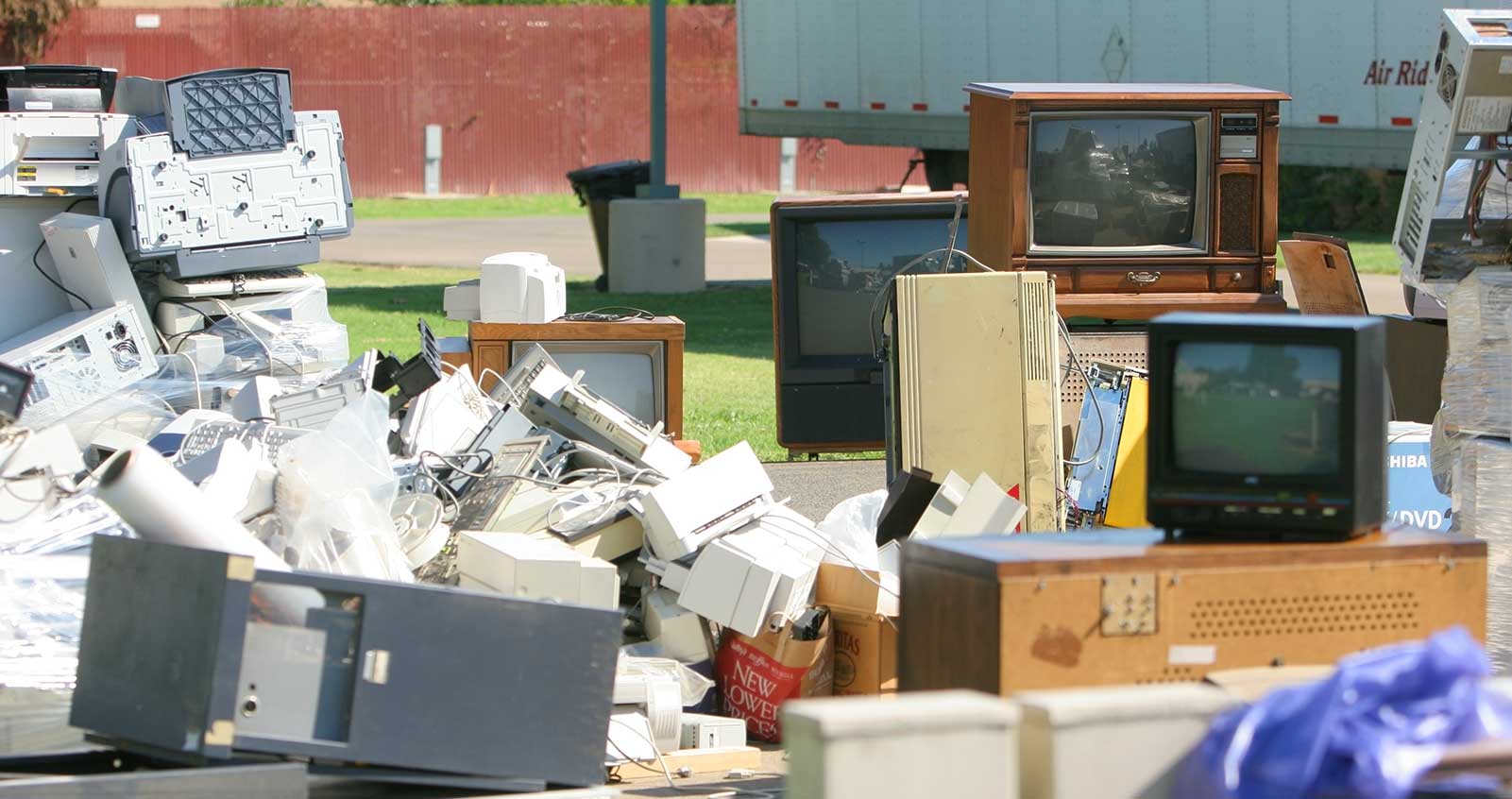Wood Waste Management Tips
Posted on 22/11/2024
Wood waste management is an essential aspect of modern waste control methods. The vast amount of wood waste generated by construction, demolition, and industry can have adverse effects on the environment if not handled properly. This article aims to provide you with effective wood waste management tips to help reduce waste, promote recycling, and support sustainability.
The Importance of Wood Waste Management
Effective wood waste management is crucial for several reasons:
1. Environmental Impact: Proper wood waste management helps reduce the amount of waste that ends up in landfills, thus minimizing the environmental footprint.
2. Resource Conservation: Efficient waste management encourages recycling and reuse, which conserves natural resources.
3. Economic Benefits: Proper waste management can lower disposal costs and even generate revenue through the sale of recycled wood.

Tips for Effective Wood Waste Management
Here are some practical tips for managing wood waste effectively:
1. Identify and Separate Wood Waste Types
Segregation: Separate wood waste into categories such as treated wood, untreated wood, engineered wood, and pallets. This makes it easier to decide the best disposal or recycling methods.
Labeling: Clearly label bins and areas designated for different types of wood waste. This ensures that all stakeholders can easily follow the waste segregation protocols.
2. Reuse and Recycle
Reclaimed Wood: Consider using reclaimed wood for new projects. This reduces the need for virgin timber and minimizes waste.
Recycling Facilities: Work with recycling facilities that specialize in wood recycling. These facilities can convert wood waste into useful products such as mulch, compost, or even fuel.
3. Composting and Mulching
Composting: Certain types of untreated wood waste can be composted. This practice not only diverts waste from landfills but also produces valuable compost that can be used in gardening and landscaping.
Mulching: Wood chips and sawdust can be converted into mulch. Mulch is an excellent material for soil conditioning and landscape maintenance.
4. Incineration and Energy Recovery
Incineration: Some wood waste, particularly treated wood, can be incinerated under controlled conditions to generate heat and power. This process reduces the volume of waste while providing energy.
Energy Recovery: Energy recovery facilities can convert wood waste into bioenergy, thus supporting renewable energy initiatives.
5. Efficient Collection Systems
Skips and Bins: Use appropriately sized skips and bins for collecting wood waste. Ensure that these containers are easily accessible to prevent waste from being improperly disposed of.
Regular Collection: Schedule regular waste collection to avoid accumulation. Keeping wood waste under control is essential for efficient management.
Pros and Cons of Wood Waste Management
Pros:
1. Environmental Protection: Effective wood waste management reduces landfill use and conserves natural resources.
2. Economic Savings: It can lower disposal costs and possibly provide a revenue stream through recycled materials.
3. Energy Production: Incineration and energy recovery can provide renewable energy sources.
Cons:
1. Initial Costs: Setting up wood waste management systems may require significant initial investment.
2. Logistical Challenges: Efficient segregation, collection, and transportation of wood waste can be complex.
3. Health Risks: Improper handling of treated wood waste can lead to health hazards.

Conclusion
Wood waste management is not only beneficial for the environment but also offers economic advantages. By adopting effective waste segregation practices, promoting recycling, and exploring energy recovery options, businesses and individuals can minimize their wood waste footprint. While initial costs and logistical challenges exist, the long-term benefits outweigh these downsides.
Takeaways
1. Segregate wood waste to facilitate effective recycling and disposal.
2. Promote the reuse of reclaimed wood.
3. Utilize composting and mulching to manage untreated wood waste.
4. Explore energy recovery options for treated wood waste.
5. Implement efficient collection systems to manage wood waste effectively.
Implementing these tips can significantly improve wood waste management, contributing to a more sustainable future.




